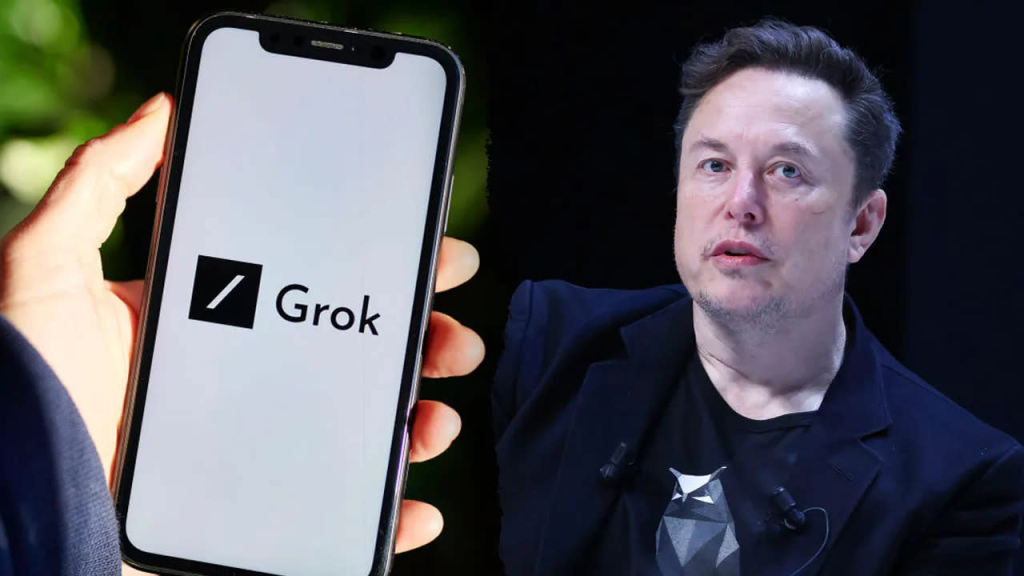Elon Musk is urging people to submit their medical scans to Grok for analysis, but doctors advise using caution when relying on artificial intelligence for health care insights.
The Tesla and SpaceX CEO posted on X on Tuesday, encouraging his followers to submit X-rays, PET scans, MRIs or other medical images to the AI chatbot.
“This is still early stage, but it is already quite accurate and will become extremely good,” Musk wrote.
The X owner also asked people to report back on “where Grok gets it right or needs work.”
Musk launched Grok, a product of his company xAI, in 2023.
Dr. Marc Siegel, clinical professor of medicine at NYU Langone Health and Fox News’ senior medical analyst, responded to the Musk post in an interview with Fox News Digital, calling AI the “future of medicine.”
“It will be a big factor in terms of patients who have access to their own data, and it will become a big part of outreach to underserved areas, where well-trained radiologists are not available,” Siegel said.
The doctor urged patients and doctors to embrace AI technology rather than fight it.
“We should work with it,” he said. “It is the automatic pilot of medicine.”
In terms of Musk’s request that people submit their scans, Siegel pointed out that AI needs data to improve.
“People sending in images will help greatly with development as AI perfects its responses based on machine learning,” he said.
Dr. Harvey Castro, a board-certified emergency medicine physician and national speaker on artificial intelligence based in Dallas, Texas, referred to Grok’s potential ability to read medical scans as “promising and complex.”
“As an ER physician, I’ve seen firsthand how crucial quick, accurate diagnostics are in life-threatening situations,” Castro told Fox News Digital.
“AI can be a powerful tool in augmenting medical expertise, potentially accelerating diagnosis and improving patient outcomes.”
While Grok and other AI models show promise in interpreting medical scans, both experts agree that users should proceed with caution.
“Doctors still need to guide the way or be available remotely to oversee guidance,” Siegel said.
“It will not replace doctors entirely, but will be a very useful partner.”
Castro emphasized that medical AI must meet the “highest standards of accuracy and reliability, particularly when dealing with sensitive, life-impacting information.”



